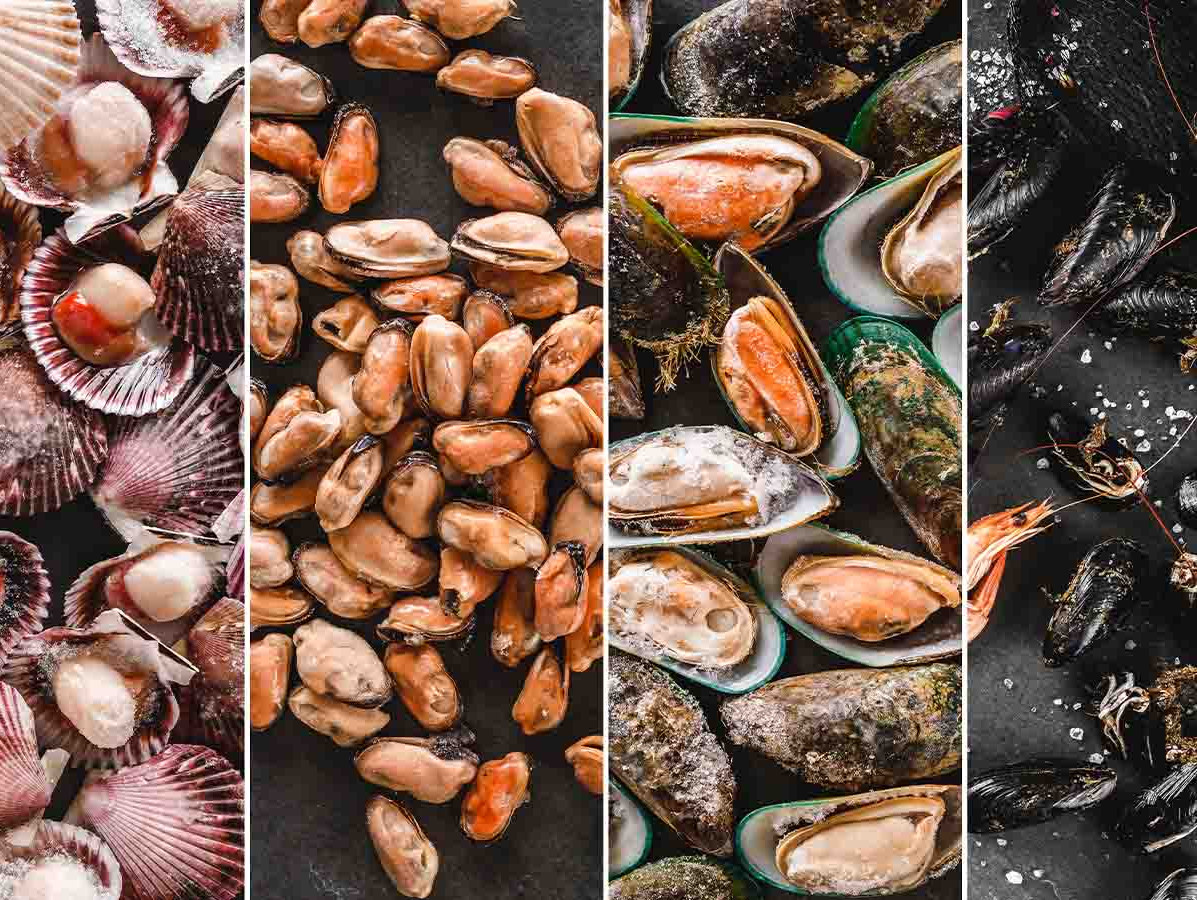
Global warming is leading to an increase in dangerous Vibrio bacteria in our seafood. These bacteria can cause severe illnesses and are becoming increasingly resistant to antibiotics. This is highlighted in a new report by the European Food Safety Authority (EFSA).
Vibrio bacteria live in coastal waters and brackish areas where rivers meet the sea. They thrive in warm water with moderate salt levels. People can get infected by eating raw or undercooked seafood, such as oysters. Contact with contaminated water can also cause ear or wound infections.
In Europe, the most dangerous strains are Vibrio parahaemolyticus, Vibrio vulnificus, and Vibrio cholerae. V. parahaemolyticus causes gastrointestinal issues. V. vulnificus and V. cholerae can lead to severe infections, sepsis, and even death in vulnerable individuals. Research shows that V. parahaemolyticus is found in 20% of tested seafood, V. vulnificus in 6%, and V. cholerae in 4%.
Climate change is warming the seas, allowing Vibrio bacteria to spread more widely. This increases the risk of infections from contaminated seafood. Areas with brackish or low-salt water, such as the Baltic Sea, are particularly at risk. Additionally, these bacteria are becoming more resistant to antibiotics, making treatment harder and posing a greater public health risk.
To prevent contamination, it is crucial that seafood remains well-cooled during processing, transport, and storage. Measures such as high-pressure treatment, irradiation, and quick freezing can help. For oysters, filtering them in clean water is recommended. Consumers should thoroughly cook seafood and avoid raw or undercooked products, especially if they are vulnerable.
Experts recommend a comprehensive EU-wide study to better monitor the presence of Vibrio bacteria in seafood. This data can help understand and manage the impact of climate change on these bacteria.
Source: EFSA